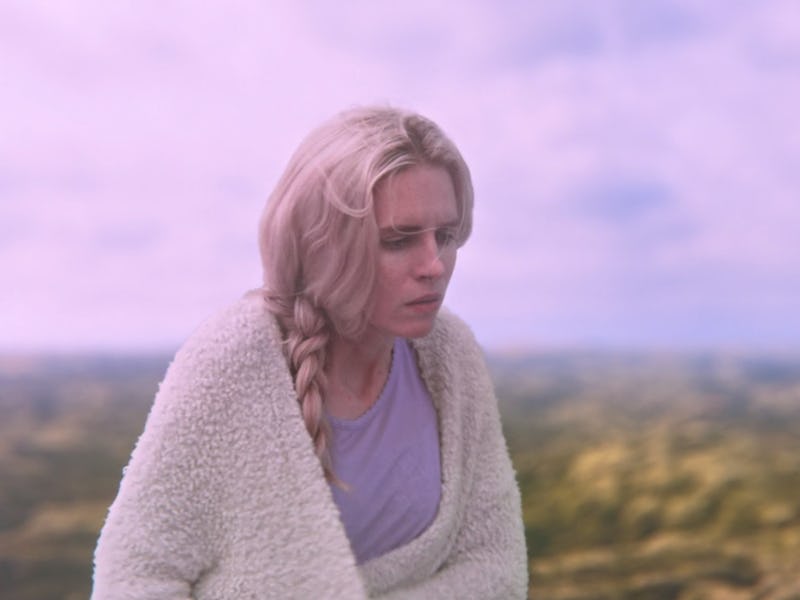'The OA' Will Be a Better Show If Season 2 Embraces Its Mythology
'The OA' was a polarizing show. Season 2 should look to Pan's Labyrinth.

Whether or not you were a fan of Lost, anyone who was alive during its pop culture reign knows that audiences do not respond well to the “it was all a dream” ending. Brit Marling and Zal Batmanglij’s Netflix show The OA follows a desaturated variation of it. In the final episode, French (Brandon Perea) finds a box of books beneath Prairie’s bed that all relate in some way to the story she’s been spinning about her fairytale background in Russia, her Near Death Experiences, and her fellow captive Homer (Emory Cohen). French concludes that the books are proof that her story — and thus, half the show the viewer has been watching — is a lie. Not only is The OA a story about myths, it is a myth.
“She told us a story. It just wasn’t true,” he tells his friends. And while there is evidence that French himself has leapt to a conclusion and her story does indeed hold truth, the show does not offer enough concrete support for a definitive conclusion. The creators have said their story is deliberately left open to interpretation. But even so, this ambiguity has led to a polarizing audience response.
The incriminating books
The OA is by no means the first story to engage with magical realism and end on a “but did it really happen?” note. But if it’s greenlit for a second season, it can’t sustain this ambiguity — and it will be a better show if it leans into its mythological aspects. Although it’s naturally garnering comparisons to Stranger Things, as a Netflix show about alternate dimensions and a group of young misfits, the former took a definitive stance that the Upside Down was real. Instead then, consider True Detective Season 1 as a both a cousin show and a cautionary tale.
Although it’s a wildly different show overall, like The OA, it tried to straddle the divide between the real and the mythical. As a result, it captured the internet’s penchant for theorizing and combing through details and clues. It took place in the gritty real world with downtrodden people living dead-end lives — much like The OA — and its central mystery had enticing hints of the cosmic, with its “Yellow King” mythology. But in the end, it planted its stake firmly in the world of the real, dropping the ball on its mythology.
If The OA choses, it could also brush aside mythology and set Season 2 in a psych ward, but that would make for a severely unsatisfying show. Unlike True Detective, which ultimately failed to spin material out of its myths beyond boosting book sales for The King in Yellow, The OA has concrete grounds for incorporating its mythology in a meaningful way. Between Prairie’s wolf sweatshirt and her origin story, it has copious nods to Russian folklore, while its repeated motifs of gardens and snakes weaves in Biblical lore. Whether or not Prairie made her story up, the material is all there to run with the fantastical elements. The show simply needs to let them cohere.
The OA’s second spiritual cousin, Pan’s Labyrinth, exemplifies how to blend the real with the fantastical in a more concrete way. While its ending is also mildly ambiguous, it follows through on the fairytale nature of its premise. It starts and ends in the fairytale setting of the Underworld, bringing its story full circle. It doesn’t matter how the viewer choses to interpret the events, because the film is satisfying.
Like Pan’s Labyrinth, Prairie’s story of her childhood in Russia in The OA has all the elements of a fairytale: a fallen princess of sorts, torn from her stalwart father and peaceful, hidden home by malevolent forces. But because there is no return to the story’s beginning even as an acknowledgement — is the Russian mob every coming back into the story? — The OA falls flat where Pan’s Labyrinth succeeds. Time is not a flat circle in The OA, because the circle is not complete.
If the creators are planning for Season 2, this lack of closure makes sense. But if The OA wants to be powerful and imaginative like Pan’s Labyrinth instead of a good story with lost potential like True Detective, it would do well to keep its mythical elements.